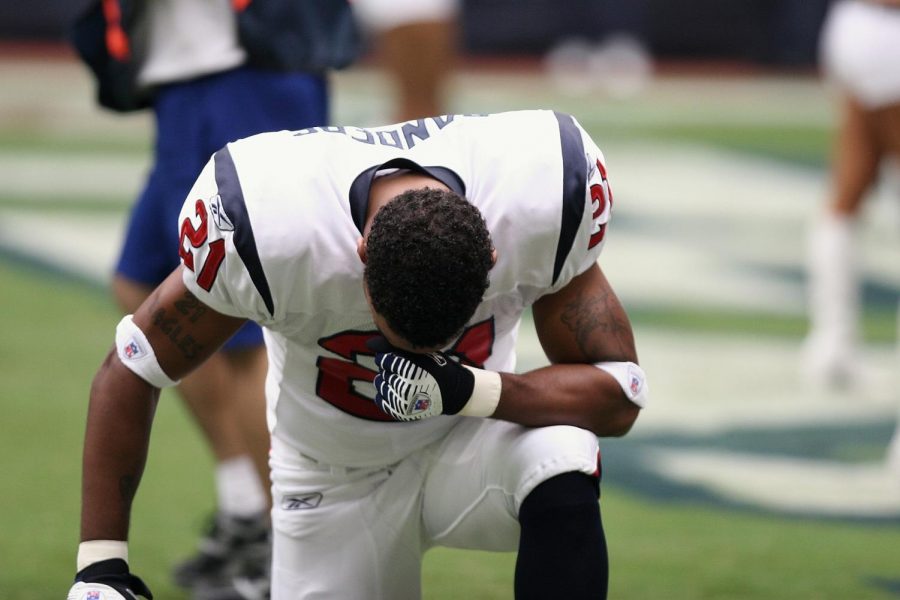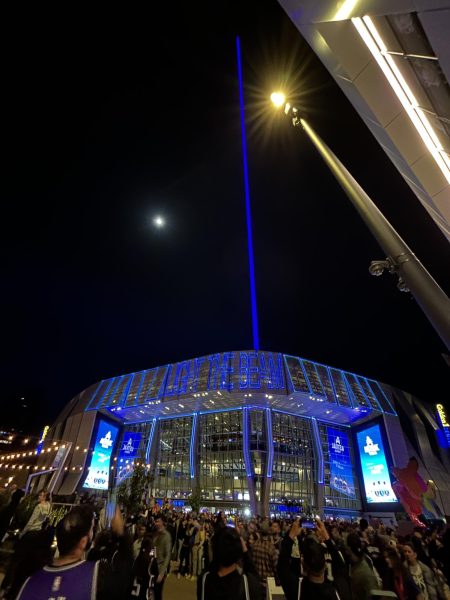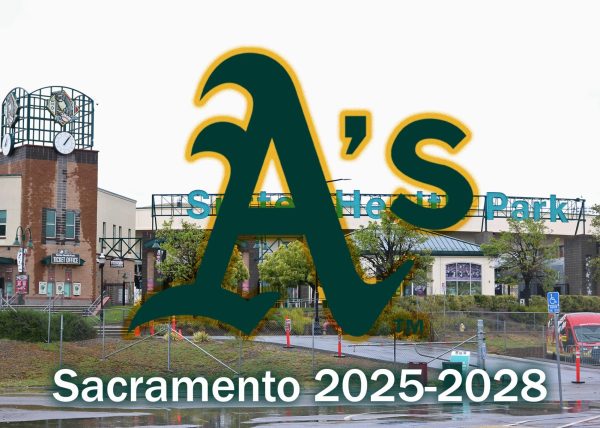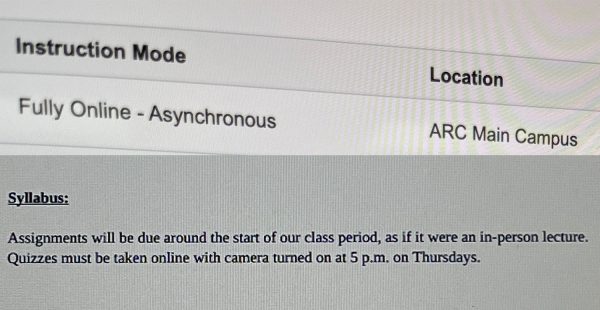NFL should walk the walk, instead of relying on performance activism
Over the past few years, peaceful protests from NFL players have been criticized by fans and team owners. (Photo courtesy of Pixibay.com)
Since the death of George Floyd at the hands of Minneapolis police in May, sports organizations in the United States. have demonstrated a heightened sensitivity to racism. But some, like the NFL, are merely doing so as an attempt to avoid the growing fire of “cancel culture.”
In late May, NFL Commissioner Roger Goodell issued a statement acknowledging that “there remains much more to do as a country and a league” in regards to police brutality in America.
But four years ago, Goodell and the NFL were singing a different tune.
In 2016, then-San Francisco 49ers quarterback Colin Kaepernick was all but ostracized from the NFL after kneeling during multiple pre-game national anthems, using his large platform to make a stand against police brutality and racial injustice. While no official action was taken against Kaepernick, his actions weren’t received well by NFL team owners.
In 2018, these franchise owners voted to impose fines on players that refused to stand for the national anthem. Although it hasn’t actually been enforced, the policy still remains in the rule book today, and Kaepernick has not been a part of an NFL team since March of 2017.
Instead, Kaepernick will have to settle for being featured as a playable character on EA Sports’ Madden 21. It’s hard to imagine this happening if George Floyd hadn’t been killed by the police this summer, and the decision to include Kaepernick in the game was most likely a measly attempt at an apology from the NFL community. Getting an opportunity to return to the field however, would be too much for Kaepernick to ask for.
So while the NFL continues to try to save face by using performance activism, their actions have yet to support their words, and it’s obvious that pressure from the Trump administration and the NFL’s widely-conservative fanbase has prevented them from actually demonstrating true support for social justice. But that doesn’t come as a surprise, since several of the league’s team owners have financially contributed to President Donald Trump’s campaign, according to an August 2019 article from CNBC.
This is a systemic issue that needs to be addressed from the root, and that sees mostly white officials, owners, coaches and staff presiding over a league in which about 70% of its athletes are Black. In fact, according to a story from the New York Times earlier this year, only two of the NFL’s 32 team owners are not white.
Although these team owners are the major power brokers of the league and should have a say in most NFL issues, they shouldn’t have a say in whether or not Black players can protest against the killing of their people by police. But just like American politics, the powers that be are oftentimes older white men, who are the ones making the rules for the rest to follow.
So the NFL can continue to use Black Lives Matter hashtags and continue to play the Black national anthem before games, but the problem still remains, and won’t be fixed until Black players have more people that represent them in the league’s front offices.
















